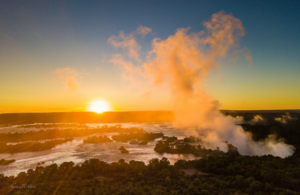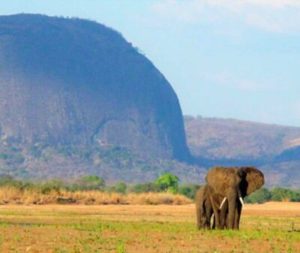The ZCA is proud to introduce you to our alliance partner “Nsefu Wildlife Conservation”
Nsefu is the Nyanja name for the Eland, the world’s largest antelope. Nsefu Area has a population of about 10,000 people and is located in Mambwe District, Eastern Province, Zambia. They share the boundaries with South Luangwa Natioanal Park on the North part. The Nsefu area offers very few economic opportunities to the local population, and most of the population are peasant farmers which are often at risk of human-animal conflict.
The foundation was created as a response to the diminishing wildlife in the region due to poaching and illegal hunting/trafficking and serves as an anti-poaching foundation which includes community outreach programs and conservation education
Community Outreach programmes :
Nsefu wanted to have women’s programs in order to give women opportunities to learn a skill and earn income to support themselves and their families. They had over 130 women apply for the six openings in the sewing training program. They hope to add many more treadle machines in the future. The program provides women with their own business opportunities, sewing products to sell at other lodges and businesses, ably managed by Graph Evans.
The beekeeping program is up and running and is overseen by Ephraim Mbewe. The bees provide harvested honey to sell and support the biofencing concept, where beehives are used as wildlife deterrents in order to reduce human/animal conflicts and crop damage. The village headman Mr. Chomi, who is extremely knowledgeable in beekeeping, has assisted immensely in getting set up. He oversees the hives and maintains the area around hives so they aren’t swept up in the regular burning and clearing. Again, people have an opportunity to earn an income, protect their crops and gardens, and Nsefu has a source of funding from the sale of honey from the hives.
In the pipeline is an aquaculture program, utilizing existing waterways to provide fish for the local community as well as the nearby lodges.
Ranger Programmes :
The Nsefu Wildlife Ranger team works side by side with the Zambian Dept. of National Parks and Wildlife (DNPW) and Conservation South Luangwa (CSL) and is an equal-opportunity employer. Women are treated as equals. The ranger program in Zambia is interesting in that the CRB (Community Resource Board) is the determining source for who gets an opportunity to be on ranger team. If there is an opening, the CRB sends candidates to Nsefu, and if they pass muster, they become part of the team. There is currently a team of 9 rangers. The CRB is very involved with everything in the community, and having Steve Zulu help make all decisions with the Chief and community, everything operates more smoothly.
Educational Programmes :
Up to 2016, the nearest secondary school was located at Mfuwe Day Secondary school and to reach the school the students of Nsefu had to cross two big rivers named Msandire and Mwangazi. Apart from the danger of crossing these rivers, the area is also in habituated by wild animals. Ministry of Education of Mambwe DEBS office decided to establish the Nsefu Day Secondary school, but unfortunately, no infrastructure was available. The decision was made for two schools (Kawaza Primary School and Nsefu Secondary School) to share the same premises. The main complication is that the facilities available are not sufficient for all the students. Classes are overcrowded, despite having several shifts per day.
Parklane School from the Czech Republic, in partnership with Nsefu Wildlife Conservation Foundation, began the construction of a new classroom block last September by building a small storeroom and followed by the digging of the foundations. Presently the building is at ring beam level and completion is expected by the end of July this year, overseen by Enrico Carretta.
In the upcoming years, Nsefu are looking forward to having the Demian Wallace Conservation Centre (named in honour of cofounder Victory Wallace’s late son)as a hub of all things conservation. The Centre will have a meeting area, sewing program, program offices, a research centre for students and scientists, a volunteer living section, a storefront to sell wares created by locals and more. They will be starting their capital campaign this year and hope to have compound up and running within 2 years. The Senior Chief Nsefu has donated the land and they are in the process of legally owning (99 year lease) the acreage.
The Nsefu Vision :
” It has also been our vision to create a conservation “blueprint” that truly works in a short amount of time that can be implemented in other regions of Africa and the world. We want to people to learn from our experience, our missteps, etc. so they get a proven plan that truly WORKS in the field of conservation. We attack the crisis of poaching from all angles: Enforcement, Empowerment, and Education are the 3 E’s to success. To have Nsefu Wildlife deemed a “success” in conservation only means something if we truly change the future of wildlife and people’s views of their wildlife forever. By having limited means from our inception, we have learned how to be very effective and efficient with every dollar implemented in the field. We use creative thinking to tackle problems to counter the genuine lack of funding and we come up with real solutions that benefit both people and animals. The only thing holding us back is the amount we are able to fundraise each year. We don’t only want the Nsefu Sector to be successful, we want Africa and anyone attempting to create change to be successful in the fight against poaching and wildlife trafficking and we are willing to share our resources and experience with anyone and everyone.”




